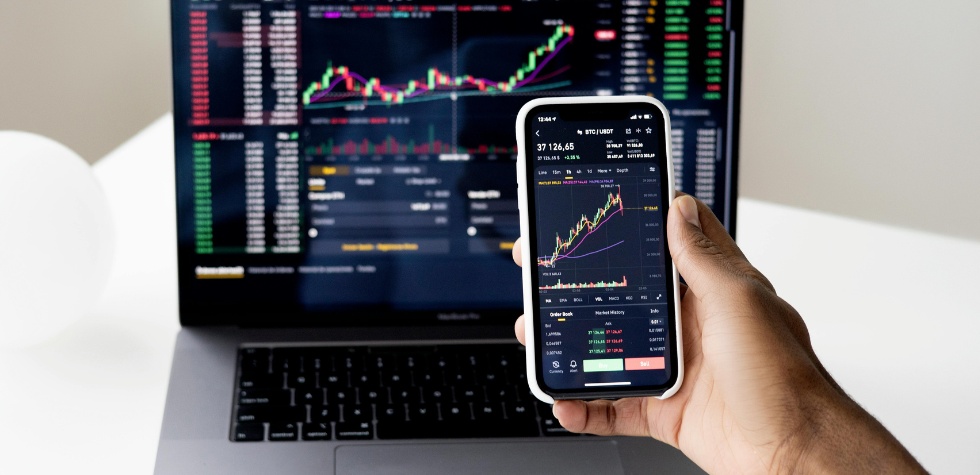Geopolitical tensions are among the most influential forces in today’s connected world, shaping stock market trends. Whether it’s trade disputes, regional conflicts, or shifting alliances, global politics directly impact investor confidence, market stability, and capital flows across continents.
Also Read: The Rise of Retail Investors and Its Impact on Global Stock Market Trends
Market Volatility and Investor Sentiment
When geopolitical uncertainty rises, so does market volatility. Investors typically react to news of conflicts, sanctions, or diplomatic breakdowns with caution, often pulling back from riskier assets. Stocks in industries like defense, energy, and commodities tend to see short-term gains, while sectors dependent on global trade, such as technology and manufacturing usually suffer.
For instance, events like the Russia-Ukraine conflict or escalating tensions in the Middle East have repeatedly triggered sharp swings in oil prices and currency markets, influencing global stock market trends almost overnight.
The Role of Safe-Haven Assets
During geopolitical instability, investors often move their capital into so-called “safe-haven” assets such as gold, U.S. Treasury bonds, or the Swiss franc. This flight to safety leads to temporary downturns in equity markets, as traders prioritize asset preservation over profit. However, once tensions ease, liquidity returns to growth stocks, driving market recoveries.
Understanding these cycles helps investors make strategic moves for balancing risk and security to navigate turbulent times.
Sector-Specific Shifts and Global Supply Chains
Geopolitical factors also reshape long-term stock market trends by disrupting global supply chains and altering trade dynamics.
Let’s take the prolonged trade restrictions between major economies like the U.S. and China, for instance, they have accelerated the diversification of manufacturing hubs in Southeast Asia and India. These shifts create new investment opportunities but also add uncertainty for multinational corporations reliant on global logistics networks.
Adapting Investment Strategies
Successful investors recognize that geopolitical risks are unavoidable but manageable. Diversification across regions, sectors, and asset classes can help protect portfolios from sudden shocks. Moreover, tracking stock market trends alongside geopolitical developments enables investors to anticipate potential disruptions before they impact valuations.
Also Read: Smart Stock Market Tips for Long-Term Wealth Building
Conclusion
Geopolitical tensions are not just headlines, they are market-moving events that redefine global stock market trends. By understanding how these forces affect investor behavior, sector performance, and long-term economic stability, traders and analysts can make more informed, resilient investment decisions in an unpredictable world.
Tags:
Dividend InvestingStock AnalysisStock TradingAuthor - Vishwa Prasad
Vishwa is a writer with a passion for crafting clear, engaging, and SEO-friendly content that connects with readers and drives results. He enjoys exploring business and tech-related insights through his writing.
